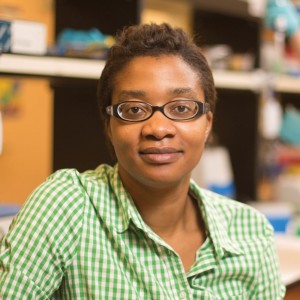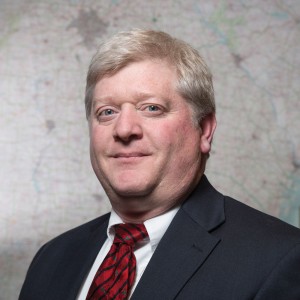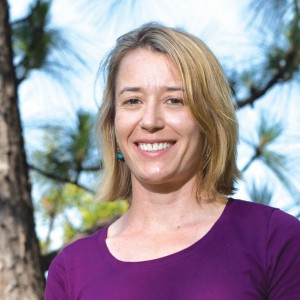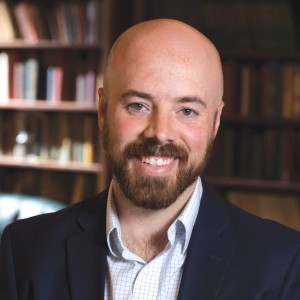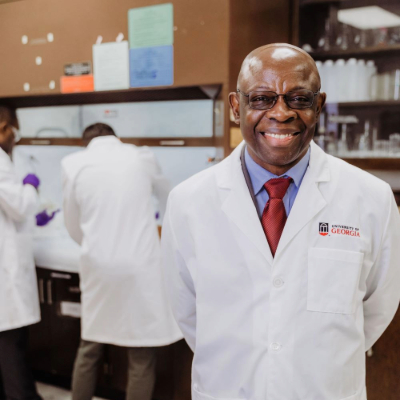Jenna Jambeck
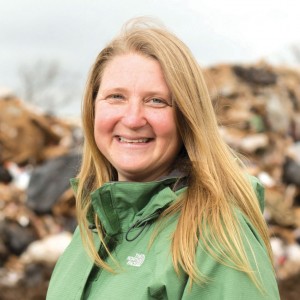 Creative Research Medal 2016
Creative Research Medal 2016
Jenna Jambeck, associate professor of engineering, is recognized for her groundbreaking work on waste management and marine debris. Over the last three years, she led a collaborative research initiative that, for the first time, rigorously quantified the amount of mismanaged plastic that flows into the global ocean from 192 countries with coastal access. Jambeck and her colleagues calculated that eight million metric tons of plastic enter the oceans every year, the majority from rapidly developing economies with lagging infrastructure. Without intervention, this annual input is expected to double by 2025. Jambeck’s study, published in the journal Science, has provided a new and important perspective on the issue of marine debris and plastic in our oceans. Her work has also spurred governments, industry and non-profit organizations to protect ocean wildlife and ecosystem health by developing and financing better waste management infrastructure to stem the tide of plastics entering the oceans.


